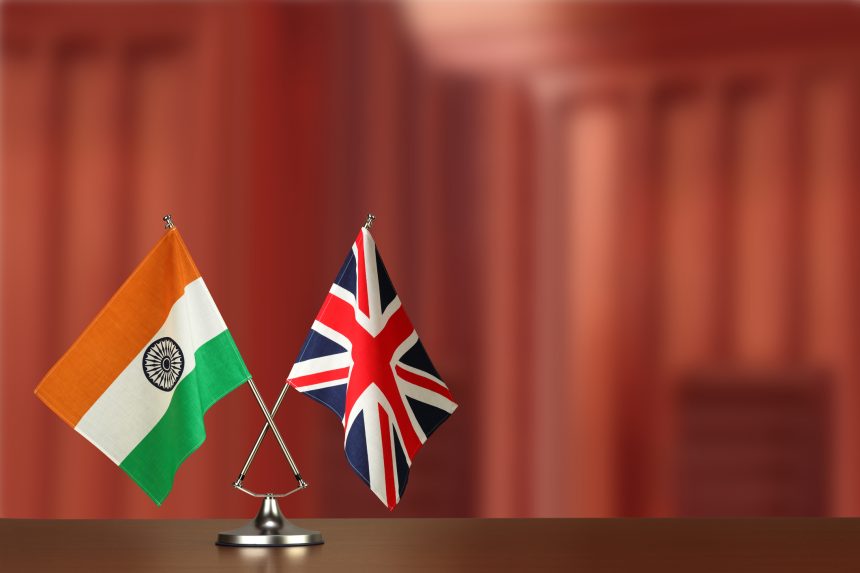Landmark Free Trade Agreement Signed
On 24 July 2025, Indian Prime Minister Narendra Modi and UK Prime Minister Keir Starmer formally signed the long-awaited India–United Kingdom Free Trade Agreement (FTA) at Starmer’s country residence, Chequers. The deal slashes UK tariffs on imports like Scotch whisky and cars—reducing average duties from 15% to 3%, with phased cuts for high‑duty items. Indian exports—such as textiles, seafood, and processed foods—will enjoy near zero import duty into the UK, covering around 99% of tariff lines.
A Royal Encounter at Sandringham
Following the signing ceremony, PM Modi paid a courtesy visit to King Charles III at Sandringham House in Norfolk, marking a diplomatic highlight of his UK tour. During the meeting, Modi gifted the King a Sonoma dove tree sapling, a gesture tied to his environmental campaign “Ek Ped Maa Ke Naam”, which encourages tree planting in honour of mothers.
Vision for Shared Prosperity
Addressing the press, Starmer described the trade deal as the “most significant since Brexit,” projecting it will generate £4.8 billion annually in economic gains and attract £6 billion in investment. Modi lauded the deal as a “blueprint for our shared prosperity,” stressing the historic and cultural bonds between the two nations. Both leaders reaffirmed a broader strategic partnership encompassing trade, defense, technology, climate cooperation, and people‑to‑people ties.
Key Benefits and Industry Reactions
The agreement targets tariff reductions across sectors:
- UK tariffs on whisky, gin, cars, lamb, and confectionery set to fall significantly.
- UK carmakers voiced concerns over initial quotas and high entry taxes, especially for luxury vehicles, though they expect eventual tariff relief.
- For India, the deal opens public procurement markets, digital trade, intellectual property rights, and service sector collaboration, with substantial access for MSMEs and exporters.
Diplomatic and Cultural Underpinnings
Modi’s meeting with King Charles also carried symbolic weight: it underscored the renewed warming of post‑colonial relations, and engaged with the Indian diaspora in the UK. The sapling gift reflects Modi’s environmental branding, reinforcing India’s soft power approach and cultural diplomacy.
Path to Implementation and Criticism
While hailed as historic, the agreement awaits ratification by the UK Parliament—a process expected within the next 6–12 months. Critics caution that the pact lacks binding safeguards on climate action, labour rights, and public health. Some UK sectors, notably legal and financial services, argue the deal misses deeper access provisions.
Final Take
The India–UK trade deal marks a watershed moment in bilateral relations—ushering in tariff liberalization, investment flows, and sectoral cooperation. Modi’s meeting with King Charles added diplomatic gravitas, emphasizing shared history and future goals. As both nations prepare for parliamentary approval, the agreement’s success will hinge on effective implementation, public accountability, and balancing economic growth with social and environmental accountability.











